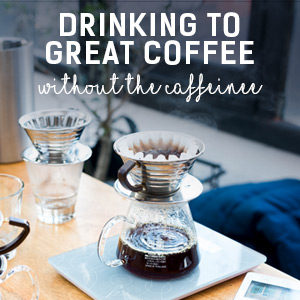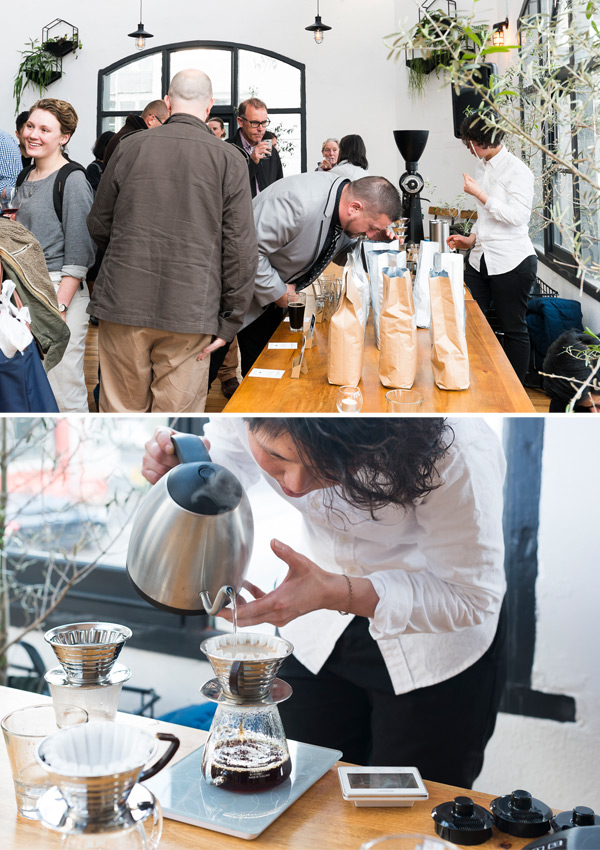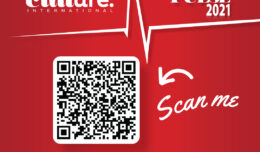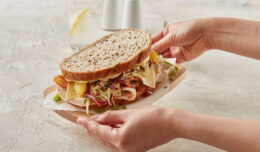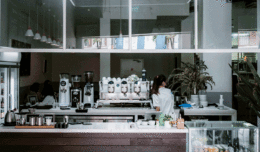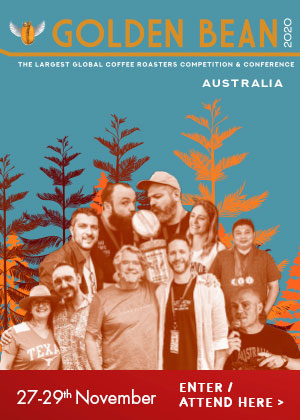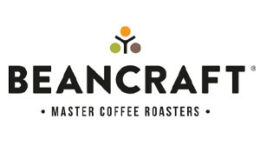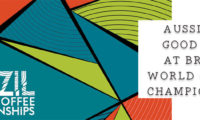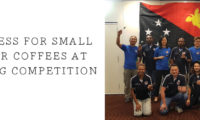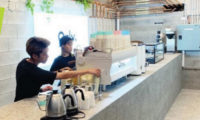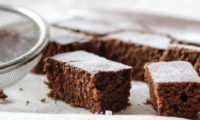Never has there been a better time to be a coffee drinker. What was once a social dalliance has become an art and a science all in one. We are armed in our homes with temperature-monitoring kettles, personal grinders, and beans so traceable we can name the donkey that carried them to the wetmill. In a world where origin, varietals, altitude, processing type, ethical credibility, and brewing method are all seriously considered factors by which a cup is measured, it’s worth pausing to survey the caffeinated utopia around us and reflect; ‘What a time to imbibe’.
Two syllables exist, however, that when whispered into the ear of many a self-respecting coffee-devotee, are likely to shatter the serenity. ‘De – caf’.
Decaffeinated coffee has long suffered from a sorry reputation as a shadow of the ‘real thing’. For a company today trying to sell decaf to non-decaf drinkers, the issue isn’t just to appeal to an indifferent audience, but to convert a sometimes hostile one.
Which is why when Swiss Water Process President and CEO Frank Dennis visited Australia last week, there was an impressive turnout of industry professionals to hear how 100% chemical-free decaf coffee producers are coming out on top.
Mr. Dennis, himself a licensed Q-Grader with 15 years of experience, opened with discussion on rising trends in the wider coffee-world. Sustainability, ethical accountability, and traceability were all major themes, before he moved on to Swiss Water’s push to make coffee an all-day beverage by using decaf to encourage evening consumption. ‘It doesn’t make sense that a café can only be open until 3pm when the lease is paying for 24 hours of occupation, just because consumers don’t want to drink caffeine later in the day,’ Mr Dennis put forward. The solution, he said, was to make coffee without caffeine taste just as good.
After his presentation, during which he announced significant expansion to their Vancouver facilities, as well as further technical innovations, Mr. Dennis was joined on stage by Small Batch Roasting Co. founder, and owner of Auction Rooms Café, Andrew Kelly, who proceeded to pull no punches in question-time.
Mr. Kelly probed the issues that most concern Australian roasters and consumers, such as quality and consistency, and Frank, with his scientific understanding and familiarity with the process, was able to provide transparent and in-depth answers. In response to Mr. Kelly’s first challenge on rumours that only low-quality beans end up being decaffeinated, Mr. Dennis accounted first for why decaf often gets such a bad rap. ‘Most companies that make decaf use chemicals such as methylene chloride, and by using these chemicals they are able to not just remove the caffeine – they can extract it for use in energy drinks and supplements,’. Since the by-product creates a new source of revenue, companies will often use Robusta, since it has a higher caffeine content and is as a result more profitable – but often at the cost of flavour.
Swiss Water, in comparison, Mr.Dennis explained, don’t use chemicals, and they don’t recover the caffeine for an added bonus. Instead of producing ‘decaf’, their only goal is, according to Mr. Dennis, ‘to create amazing coffee without the caffeine’, using only water and natural carbon to ensure a sustainable process, without affecting the flavour. ‘We go through all the quality-assurance process that you do as roasters before we buy our beans, but we do it twice-over – once before, and once after the caffeine is removed,’.
Eventually after Scott Bennett, director of Bennetts and host of the evening, thanked speakers and guest alike, the crowd was encouraged to sample the various single-origin Swiss Water coffees, comprising an Indonesian Sumatran, a Brazilian Santos, and a Colombian Excelso, all available as pour-overs. In addition, Swiss Water cocktails were served using their Premium Espresso Blend; a variation on an Espresso Martini, and a cold-brew-and-Australian-rum concoction. At the conclusion of the evening Mr. Dennis expressed, not for the first time, his admiration for the Australian food and coffee scene, stating it remains one of the best he’s seen.
Story by India Read, Bennetts
Photography by Carmen Zammit


